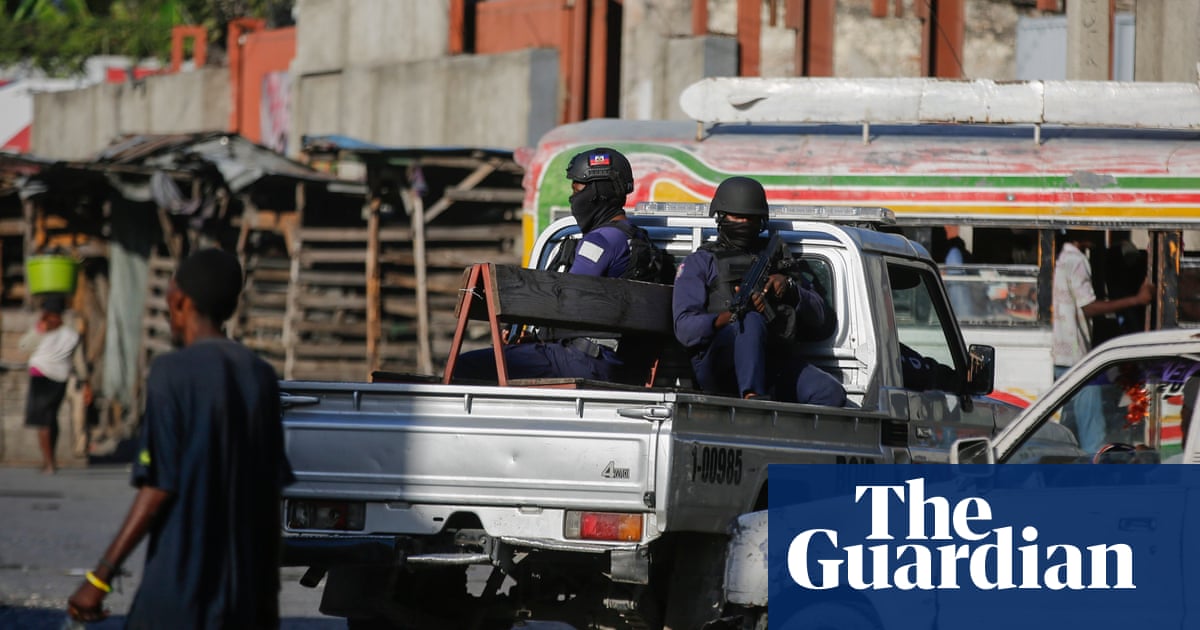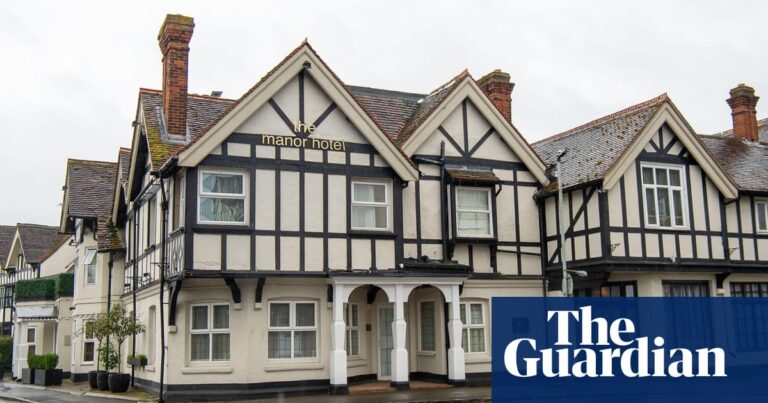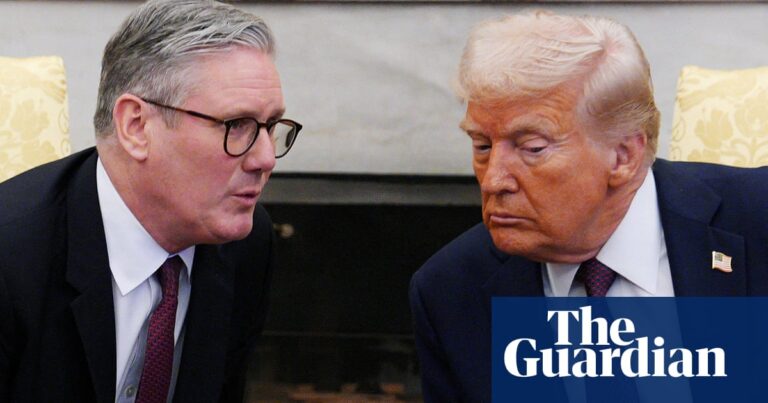
The high court in Kenya has rejected a proposal from the government to send a large number of police officers to Haiti as part of a United Nations-supported international effort to combat the increasing problem of gang violence in the nation.
Judge Enock Chacha Mwita, who made the decision, stated that any action taken by a government entity or official to send police officers to Haiti goes against the constitution and laws and is therefore not allowed, illegal, and void.
In the beginning of October, the United Nations Security Council approved the Kenya-led mission, despite facing backlash from within the country and a lawsuit filed by the opposition Thirdway Alliance in the Nairobi High Court last year.
Lawyers specializing in constitutional law and members of the opposing political party were dissatisfied with the government’s methods of obtaining international approval for the mission prior to seeking parliament’s support.
The court’s decision that the deployment was deemed “unlawful” was not based on the main matters brought up in the lawsuit, which attorneys stated caught both parties off guard. The judge determined that the consent of Parliament was only necessary for military deployments, not for police, and that police could be sent overseas.
The statement stated that in order for officers to be sent out, there must be a mutual agreement with the government of the country hosting them. The petitioners had claimed, with no opposition from the government, that this agreement was currently not established.
The decision puts the international mission in a state of uncertainty and is also a disappointing development for the Kenyan government. They had aimed to deploy police officers this month but now plan to challenge the ruling.
Haiti’s foreign minister, Jean Victor Généus, urgently requested for the deployment to be accelerated on Thursday. He informed the UN Security Council that the level of violence in the country was comparable to that of a war zone.
The turmoil in Haiti began with the killing of their president, Jovenel Moïse, by Colombian soldiers in July of 2021. However, the country’s already present issues with gang violence and disregard for the law escalated even further over the past year.
According to the United Nations Security Council, there was a significant increase of 122% in the number of individuals who were violently targeted by gangs in Haiti in 2023. María Isabel Salvador, the UN’s special representative for Haiti, stressed the urgent need for foreign intervention. In total, 4,789 people were killed and 2,490 were kidnapped, with some being forced to sell their homes in order to make ransom payments to their captors.
The widespread acts of violence and severe violations of human rights have extended well beyond the city of Port-au-Prince and into rural areas. As a result, more and more children are at risk of being recruited by gangs and women are facing sexual violence.
Salvador emphasized the seriousness of the situation in Haiti during her address to the assembly in New York. She expressed concern over the increasing number of new gangs and a rise in violent vigilante activity, highlighting the critical state of the ongoing crises in the country.
Approximately 350 individuals have been reported to have lost their lives due to Bwa Kale. These civilians have resorted to arming themselves and taking matters into their own hands as the police were unable to provide protection.
The armed bandits who dominate Port-au-Prince have better weapons than Haiti’s security forces. According to the main police union, the national police force has lost around 3,300 officers in the last three years.
According to Lionel Lazarre, general coordinator of the Synapoha union, almost 90% of the officers were fired for deserting their positions. Unions claim that officers who are underpaid and undertrained are fleeing to avoid being killed by more well-compensated and heavily armed gang members.
it difficult for the administration to effectively run the department.
The decreasing amount of officers poses a challenge for the department’s administration to efficiently manage operations.
Diego Da Rin, an expert on Haiti at Crisis Group, emphasized the crucial role of a skilled and sizable foreign task force. He stated, “If the gangs perceive the international mission as vulnerable and inadequately trained, they may attempt to unite and resist.”
Salvador warned that the success of the mission relied on the active participation of Haitians in the reconstruction of their nation. She emphasized that lasting stability can only be attained through a political process that is led by the Haitian people and includes all members of society.
Several speakers at the UN emphasized the need for caution in order to prevent a repetition of Haiti’s troubled history with foreign intervention. This includes instances of sexual abuse by peacekeepers and the spread of cholera in the country.
The implementation of the Kenyan deployment has met opposition since it was suggested in the previous year. Organizations advocating for human rights raised worries about the low track record of human rights within the Kenyan police force, and experts questioned its ability and readiness to address security concerns like gun violence perpetuated by organized criminal groups.
The reasons behind Kenya’s decision to take charge of the mission are uncertain. Some experts believe it may be a strategy by the current government to increase the country’s global presence, while others view it as a proxy for their ally, the US. Additionally, Kenya is expected to benefit financially from the mission, as the US has promised to provide $100 million in resources for intelligence, logistics, and medical aid.
Source: theguardian.com
















